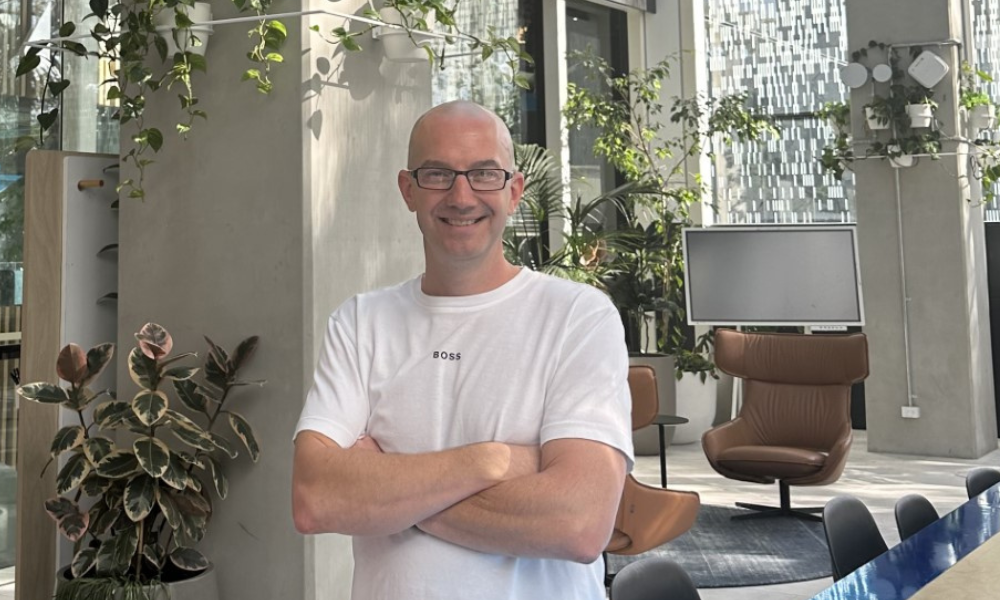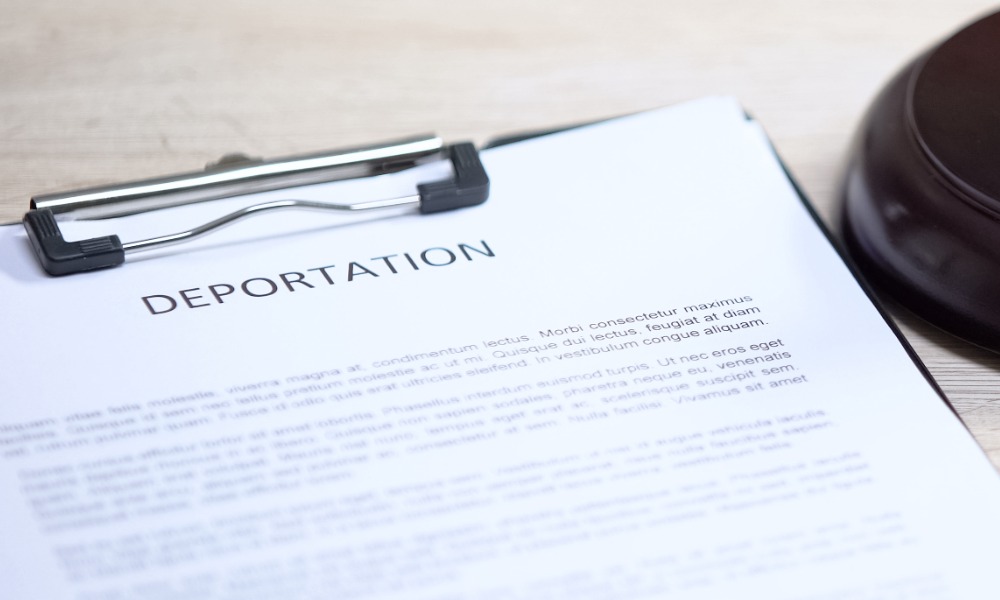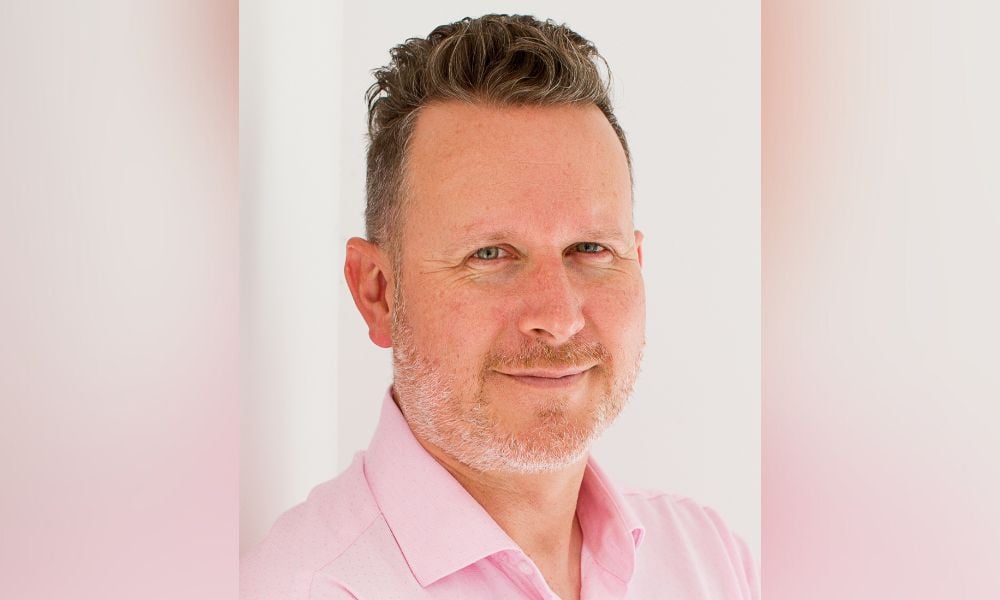Figures from the Human Rights Commission show that racial discrimination and harassment are on the rise in New Zealand, according to the Equal Employment Opportunities Trust.
Figures from the Human Rights Commission show that racial discrimination and harassment are on the rise in New Zealand, according to Bev Cassidy-Mackenzie, CEO of the Equal Employment Opportunities Trust. The same figures show that incidents of racism are most likely to occur in employment.
In 2010 the number of racial harassment complaints was 59, which rose to 68 in 2011, and 71 in 2012. Those related to employment went from 44 in 2010, down to 34 in 2011, and back up to 44 last year.
“Racism surrounding employment comes in many different forms – some job seekers were not given work due to their ethnicity, others suffered racist comments and abuse at work while other were treated badly because of their accent,” Cassidy-Mackenzie said.
Cassidy-Mackenzie also noted that slurs, such as telling someone to return to where they come from, were ‘ridiculous’ given the ethnically diverse nature of the contemporary workforce in New Zealand. “Auckland, for example, has nearly 200 different ethnicities in the workforce,” she wrote.
As well as being absurd, such instances of harassment are bad for business, according to Cassidy-Mackenzie. She noted that, with an ageing population and skills shortage, companies need to welcome talent wherever they could find it. “A lot of organisations ‘get it’ and employ the most suitable qualified person for the job but it looks like many other are failing,” she said.








